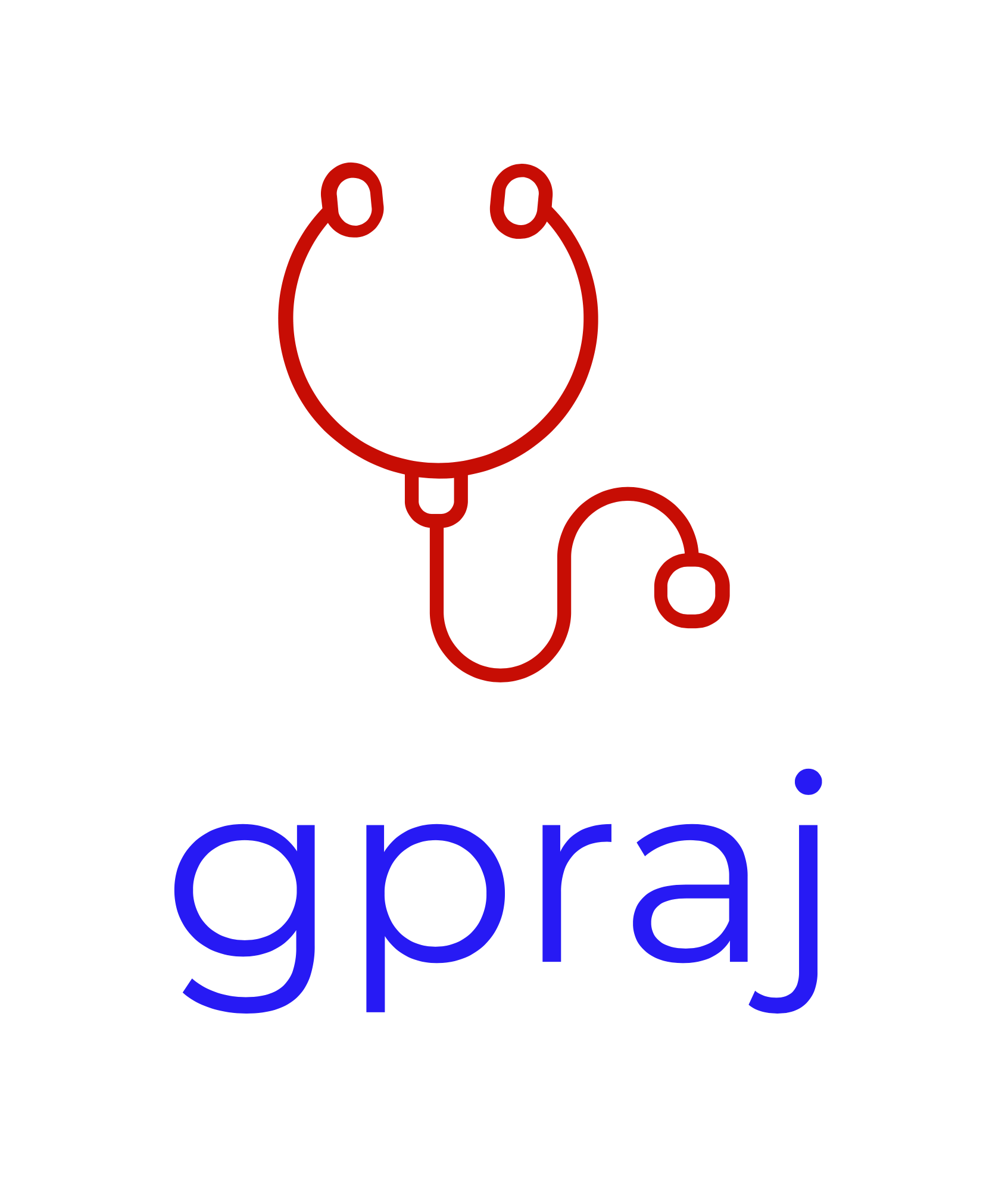Advance Decision (Living Will or Advance Directive)
NHS Advance Decision (Living Will)
Advance Decision form (online completion)
Advance Decision to Refuse Treatment PDF form
Summary
Advance directives should be made early in an illness whilst the patient has capacity to make decisions.
Advance directives are legally binding.
Advance directives cannot demand provision for specific treatments.
“This Advance Decision to Refuse Treatment sets out the situations in which I want to refuse medical treatment should I lack capacity to make or communicate that decision in the future. I have carefully considered these decisions and I confirm that I have capacity to make them. I understand that decisions about my diagnosis and prognosis will be made by the doctor in charge of my care.”
What is an advance decision (advance decision to refuse treatment, an ADRT, or a living will)?
Aim
An advance decision gives the health and social care team clinical and legal instructions about the patient’s decision to refuse treatment and it what circumstances the advance decision will operate. The Advance directive enables people to express their wishes before they are unable to make decisions for themselves. A legally binding advance decision takes precedence over decisions made in the patient’s best interest by other people.
Criteria required for a valid advance decision
Patient aged 18 or over
Patient has mental capacity to understand, recall, weigh up and communicate the decision
Refused treatments and the circumstances that they will become operational are clearly specified
Patient has signed the advance decision (and it is also signed by a witness if that patient wishes to refuse life-sustaining treatment)
Patient has made the decision without duress and has not said anything subsequent that would contradict the advance decision (e.g. “I have changed my mind”)
Patient may refuse life-sustaining treatment
A patient can refuse potential life-sustaining treatments (such as ventilation, CPR, antibiotics).
This needs to be written down, signed by the patient, and signed by a witness.
Refusing CPR in advance (do not attempt cardiopulmonary resuscitation (DNACPR) decision, or DNACPR order)
Every patient has the right to refuse CPR if they wish.
If you have a serious illness or are undergoing surgery that could cause respiratory or cardiac arrest,
A member of your medical team may discuss DNACPR if the patient’s prognosis is poor.
If the patient lacks capacity to decide about CPR AND there is no advance decision to refuse treatment, the healthcare team will consult the patient’s next of kin to establish the patient’s wishes in order to make a decision in the patient’s best interest.
A DNACPR order is not permanent and can be rescinded if the patient changes their mind or medical circumstances change.
